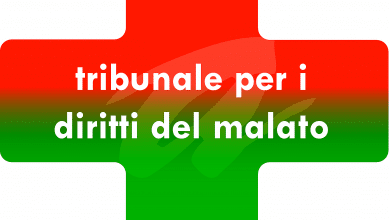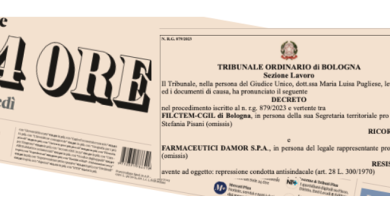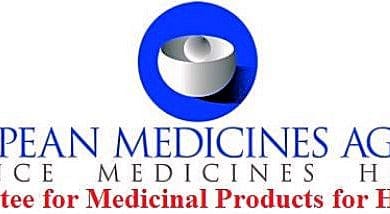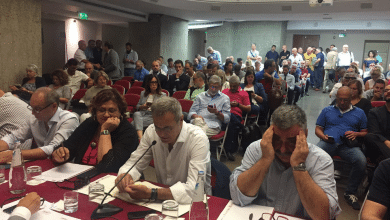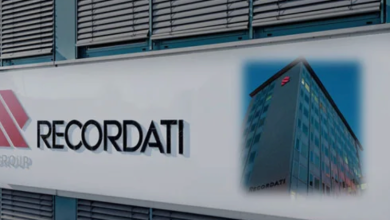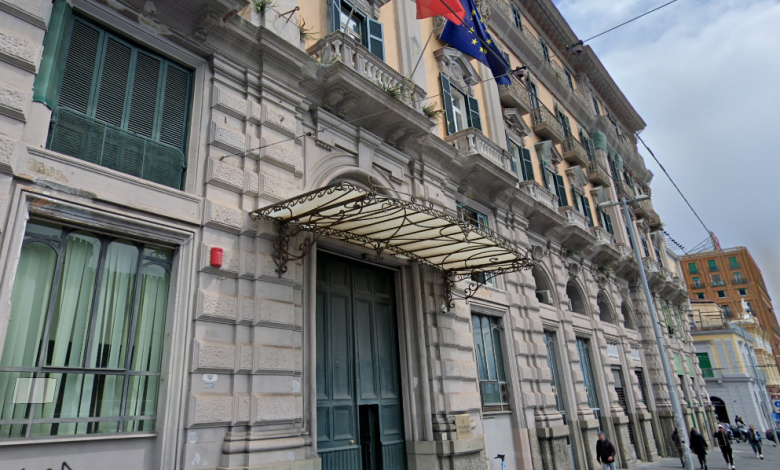
Ruling of the TAR Campania Naples, Section I, 20/6/2023 n. 3739
Due to the complexity and nature of the production processes, biotechnological drugs are never fully identical, even if they are based on the same active ingredient and have the same therapeutic indications. In fact, in their case the term "equivalent" (or "generic") is not used, but "similar" or 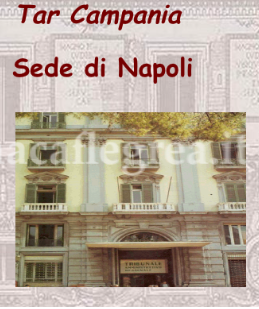 "biosimilar".
"biosimilar".
The purpose of providing incentives for the marketing of biosimilar drugs, which in itself cannot be contested or reprehensible, especially if aimed at containing public spending, cannot however translate into a concrete limitation of the marketing of the original biosimilar drug, when the equivalence has not been proven curative among the drugs in question.
The art. 15, c. 11-quater, line of Legislative Decree 95/2012, conv. with mod. by Law 7 August 2012, n. 135, on the one hand, establishes, coherently with what has just been illustrated, that "the automatic substitutability between the reference biological drug and its biosimilar, nor between biosimilars is not permitted" (), and, on the other hand, establishes the principle that " the doctor is in any case free to prescribe the drug, among those included in the procedure [...], deemed suitable to ensure continuity of therapy for patients" [art. 15, c. 11-quater, lett. b)].
The national legislation in force on the matter, therefore, expressly protects the "freedom" of the attending physician to prescribe the biological drug deemed suitable and appropriate in the specific case, regardless of the outcome of the tender procedures, especially in cases where the prescription of the extra drug - successful tenderer is functional to "ensuring therapeutic continuity for patients".
Furthermore, the contested provision, in the present case, could lead to an infringement of the prescribing freedom of the doctor, imposing on him an aggravation of the motivation in the choice of the drug,  based on the false assumption that biosimilar medicines are essentially identical.
based on the false assumption that biosimilar medicines are essentially identical.
The contested provision is, therefore, illegitimate due to lack of motivation, because in an attempt to balance important opposing interests, that of containing public expenditure and that of protecting health, it does not adequately explain why reasons, albeit legitimate, for keeping public accounts impose a solution that risks limiting the doctor's prescriptive capacity and, consequently, damaging the marketing of a pharmaceutical product, moreover, more widespread on the market in relation to certain pathologies.
Source: Public Service Law – Campania Regional Administrative Court, Naples, Section I, 20/6/2023 n. 3739
From the ruling of the TAR: The contested measures, while containing "invitation" to doctors, in reality direct the behavior of the latter and have an immediately preceptive value, as demonstrated by the fact that a sort of sanction is also envisaged against the doctor who prescribes C. in violation of actual guidelines which are essentially binding.
Note: The national legislation in force protects the freedom of the treating doctor to prescribe the biological drug deemed suitable and appropriate, regardless of the outcome of the tender procedures, especially in cases where the prescription of the non-contracted drug is functional to guaranteeing therapeutic continuity to patients

